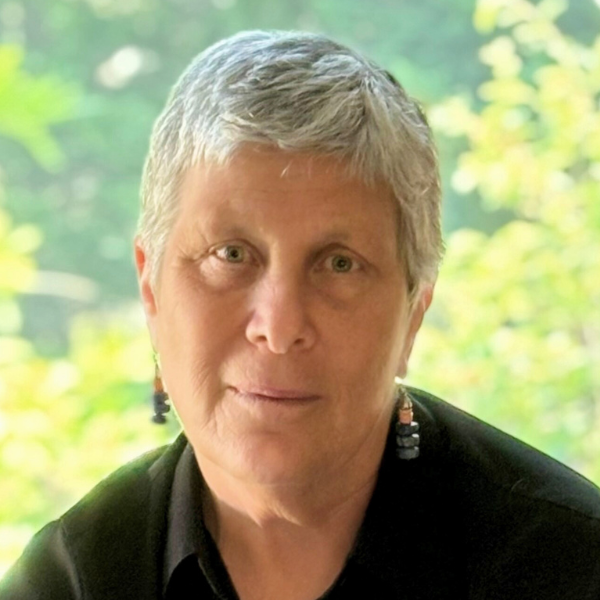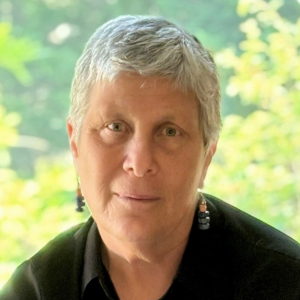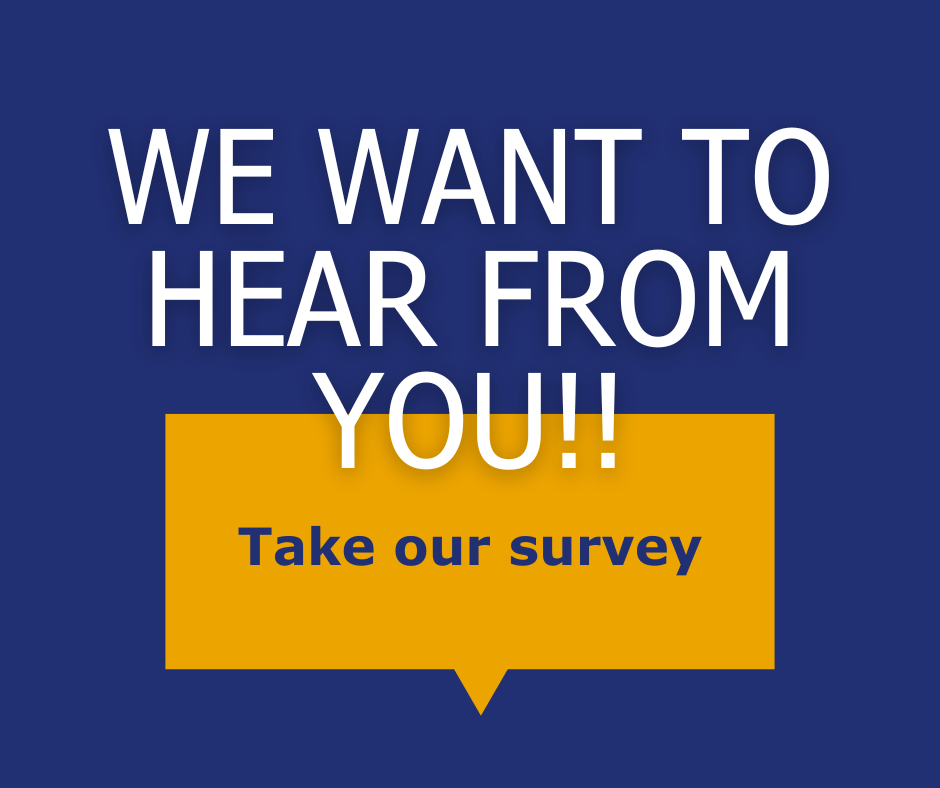
BALTIMORE, August 21, 2024 – Disability Rights Maryland (DRM) is proud to announce that Liz Bowie, a distinguished journalist with over 30 years of experience, will receive the Excellence in Journalism Award at our Breaking Barriers Awards Gala on September 26, 2024, at the American Visionary Art Museum in Baltimore.
This award recognizes journalists whose reporting brings awareness to systemic challenges, influences public understanding, and sparks meaningful change.
Throughout her career, first with the Baltimore Sun and now with the Baltimore Banner, Liz has demonstrated a deep commitment to uncovering and reporting on critical issues impacting Maryland children and families.
In 2019, Liz wrote a powerful story about a mother who traveled by foot from Honduras to the U.S. in search of care for her daughter, who has severe disabilities. Without a wheelchair, she carried her daughter throughout their journey. Liz’s interview revealed that they were in desperate need of support services. Recognizing the situation, DRM reached out to Liz. We helped the daughter access services and get into a school program.
In 2022, Liz co-authored a series of articles with Hallie Miller that exposed the troubling reality of many children with complex needs being housed in hospital emergency departments for weeks, even months. Liz and Hallie’s investigative work was thorough, well-researched, and led to important conversations and change. A DRM client was featured in the series, and shortly after its publication, his care team secured a permanent placement for him.
“Liz’s journalism has had a profound impact on the lives of people with disabilities,” said Leslie Seid Margolis, Managing Attorney and Policy Counsel at DRM. “Her ability to connect with people and bring their experiences to life through her writing has helped to bring about awareness, understanding, and change.”
Leslie Seid Margolis will present the Excellence in Journalism Award to Liz Bowie at the gala.
To learn more about DRM’s Breaking Barriers Awards Gala and purchase tickets, visit DisabilityRightsMD.org/Breaking-Barriers-Gala.
Links to the referenced stories
(note: click the title, access requires a subscription)
- A mother’s pilgrimage: Carrying her disabled child, Honduran woman seeking medical care finds her way to Baltimore (2019)
- Maryland kids in distress are being kept in emergency departments for weeks, months (2022)
- How Maryland failed families and children with complex needs (2022)
- Disability rights group sues Maryland for housing foster kids in hospitals (2023)
About Liz Bowie
Liz Bowie is a Maryland education reporter for the Baltimore Banner. She covers how statewide education decisions are made: Who wields the power, who wins, who loses and what that means for Maryland’s kids. She spent more than two decades covering city, county, and state education issues at The Baltimore Sun. She was part of a team at The Sun that won the 2020 Pulitzer Prize in local reporting for its investigation of Baltimore’s mayor.
She also helped lead an attempt to find local owners for The Baltimore Sun in 2020 which failed but ultimately led to the creation of The Baltimore Banner. In 2012, she was a Spencer Fellow in Education Reporting at Columbia University. She grew up in Baltimore.
See Liz Bowie’s reporting on the Baltimore Banner website.
About Disability Rights Maryland (DRM)
Disability Rights Maryland (DRM) is a 501(c)(3) nonprofit organization that advances the rights of people with disabilities in Maryland. DRM provides free legal services to address issues like abuse, neglect, or discrimination that might occur in education, housing, transportation, healthcare, voting, and more. Ensuring that people with disabilities don’t have to live in institutions unnecessarily is a primary goal. DRM envisions a world where everyone has access to the services they need to fully participate in the workplace, neighborhoods, and all aspects of community life.








